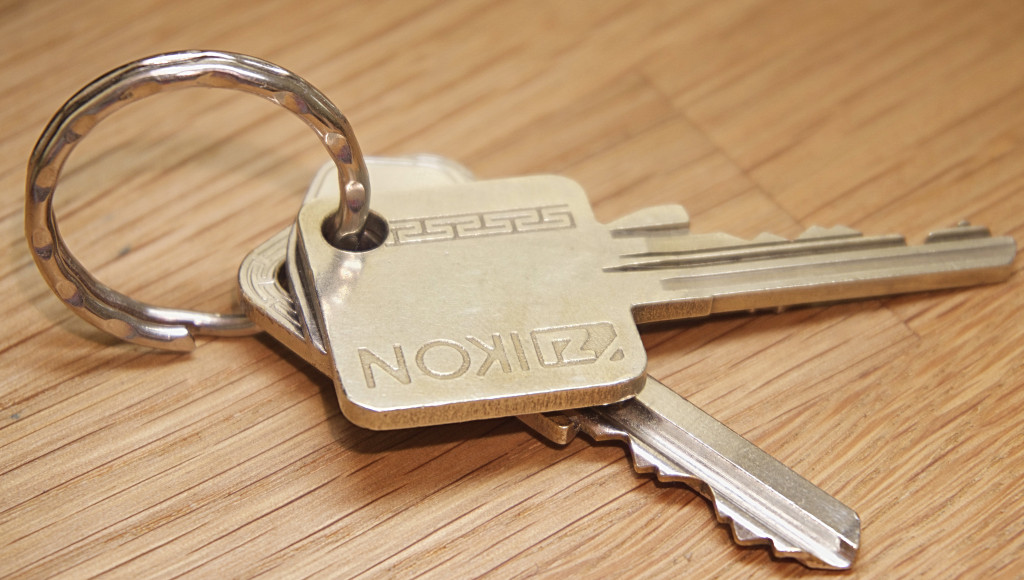The Fair Housing Act affects every single person in the state of Minnesota in one way or another. For this reason, it’s important for our employees and our clients to know what the 13 protected classes are for our state, and how we can make sure we’re abiding by the standards set in the FHA.
According to the Minnesota Department of Human Rights, “Every person in Minnesota is protected by the Human Rights Act as every person, based on their personal characteristics such as a person’s race or sex, belongs to one or more of the Protected Classes: Race, Color, Creed, Religion, National Origin, Sex, Marital Status, Familial Status, Disability, Public Assistance Status, Age, Sexual Orientation, and Local Human Rights Commission Activity.”
Discrimination based on any of those characteristics is strictly prohibited by law. But what constitutes discrimination? The U.S. Department of Housing and Urban Development says an owner cannot:
- Refuse to rent or sell housing
- Refuse to negotiate for housing
- Make housing unavailable
- Deny a dwelling
- Set different terms, conditions or privileges for sale or rental of a dwelling
- Provide different housing services or facilities
- Falsely deny that housing is available for inspection, sale, or rental
- For profit, persuade owners to sell or rent (blockbusting) or
- Deny anyone access to or membership in a facility or service (such as a multiple listing service) related to the sale or rental of housing.
- Threaten, coerce, intimidate or interfere with anyone exercising a fair housing right or assisting others who exercise that right
- Advertise or make any statement that indicates a limitation or preference based on race, color, national origin, religion, sex, familial status, or handicap.
This prohibition against discriminatory advertising applies to single-family and owner-occupied housing that is otherwise exempt from the FHA. There are additional protections in place for potential renters or buyers with disabilities. A landlord or property owner cannot:
- Refuse to let a renter make reasonable modifications to their dwelling or common use areas, at their own expense, if necessary for the disabled person to use the housing. (Where reasonable, the landlord may permit changes only if the renter agrees to restore the property to its original condition upon moving out.)
- Refuse to make reasonable accommodations in rules, policies, practices or services if necessary for the disabled person to use the housing.
Knowing the basics of the Fair Housing Act is an absolute must for rental property owners. It’s in your best interest to protect yourself, and it’s also the right thing to do to make sure you’re being fair to potential renters. After all, discrimination is a terrible business practice.
At Simply Residential, we make sure our staff maintains the highest levels of integrity, especially in regards to promoting equal opportunity housing. The owners we work with can rest assured that their marketing and rental processes are up to the standards set by the FHA. Questions? Send me an email and let’s chat!

